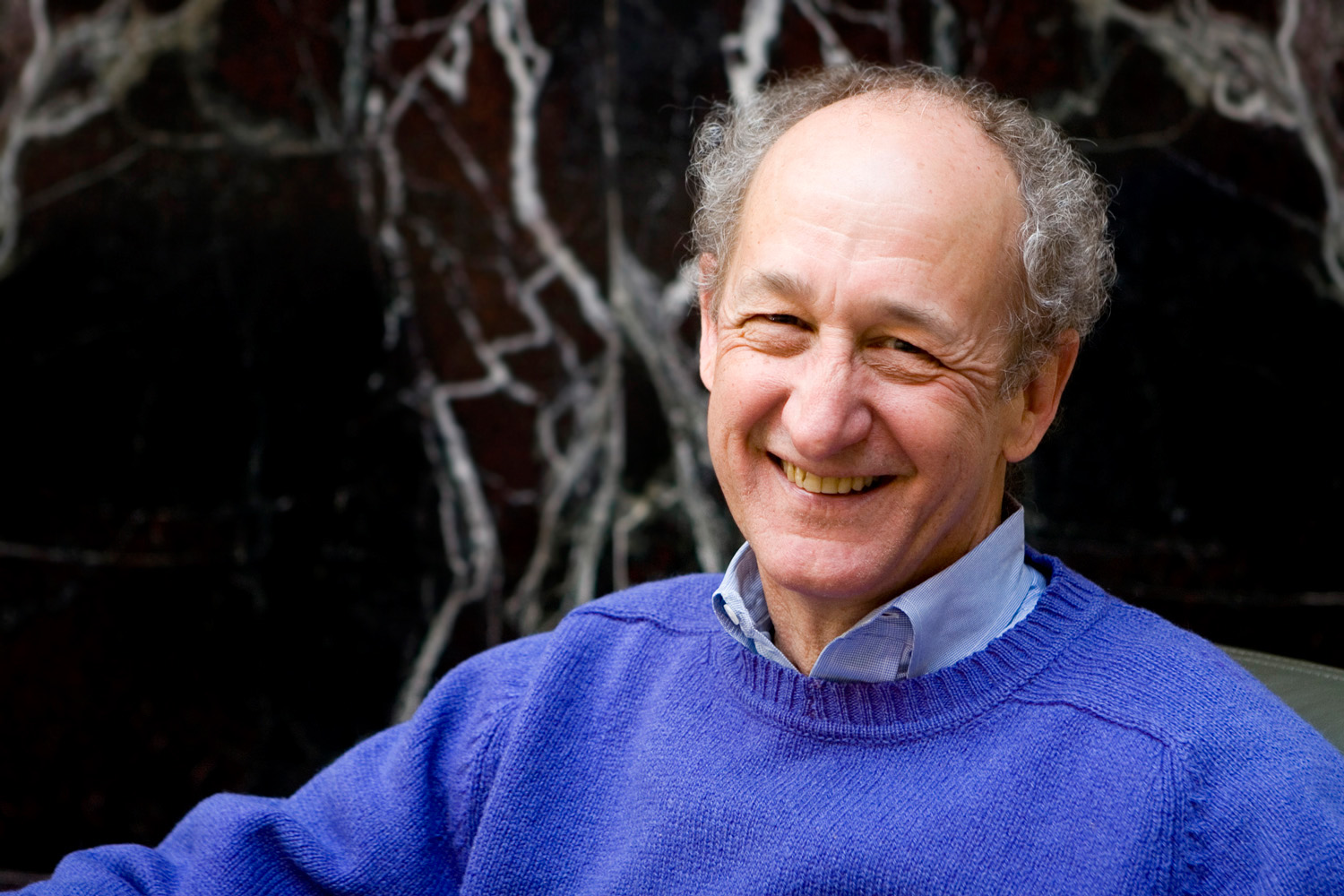February 15, 2008 – James Galloway, a University of Virginia environmental sciences professor, has been elected a fellow of the American Geophysical Union. Fellows are nominated by their colleagues for "eminence in the earth and space sciences."
"I was first amazed and then very appreciative for those who put my name in nomination," Galloway said.
Galloway received his bachelor's degree in chemistry and biology from Whittier (Calif.) College in 1966 and his Ph.D. in chemistry from the University of California, San Diego in 1972. Following a postdoctoral appointment at Cornell University, he accepted a position as assistant professor at U.Va. in 1976. He served as president of the Bermuda Biological Station for Research from 1988 to 1995, and chaired the U.Va. Department of Environmental Sciences from 1996 to 2001.
He is currently chair of the International Nitrogen Initiative, a program sponsored by the Scientific Committee on Problems of the Environment and the International Geosphere-Biosphere Programme, and is a member of the Environmental Protection Agency’s Science Advisory Board. In 2002, he was elected a fellow of the American Association for the Advancement of Science.
Galloway's research is in the area of biogeochemistry and includes the chemistry of natural waters at the watershed, regional and global scales. He studies the effects of nitrogen in the environment in an effort to minimize its harmful consequences and take advantage of its positive effects. Currently, he is researching the acidification of streams in Virginia's Shenandoah National Park, the composition of precipitation in remote regions, air-sea interactions and Asia's impact on global biogeochemistry.
Each December, the American Geophysical Union confers fellowship to 0.1 percent of its 51,000 members. The new fellows will be recognized in May at the union's joint assembly in Fort Lauderdale, Fla.
The U.Va. Department of Environmental Sciences now has four American Geophysical Union fellows. The department’s other fellows are George Hornberger, Bill Ruddiman and Alan Howard.
"I was first amazed and then very appreciative for those who put my name in nomination," Galloway said.
Galloway received his bachelor's degree in chemistry and biology from Whittier (Calif.) College in 1966 and his Ph.D. in chemistry from the University of California, San Diego in 1972. Following a postdoctoral appointment at Cornell University, he accepted a position as assistant professor at U.Va. in 1976. He served as president of the Bermuda Biological Station for Research from 1988 to 1995, and chaired the U.Va. Department of Environmental Sciences from 1996 to 2001.
He is currently chair of the International Nitrogen Initiative, a program sponsored by the Scientific Committee on Problems of the Environment and the International Geosphere-Biosphere Programme, and is a member of the Environmental Protection Agency’s Science Advisory Board. In 2002, he was elected a fellow of the American Association for the Advancement of Science.
Galloway's research is in the area of biogeochemistry and includes the chemistry of natural waters at the watershed, regional and global scales. He studies the effects of nitrogen in the environment in an effort to minimize its harmful consequences and take advantage of its positive effects. Currently, he is researching the acidification of streams in Virginia's Shenandoah National Park, the composition of precipitation in remote regions, air-sea interactions and Asia's impact on global biogeochemistry.
Each December, the American Geophysical Union confers fellowship to 0.1 percent of its 51,000 members. The new fellows will be recognized in May at the union's joint assembly in Fort Lauderdale, Fla.
The U.Va. Department of Environmental Sciences now has four American Geophysical Union fellows. The department’s other fellows are George Hornberger, Bill Ruddiman and Alan Howard.
Media Contact
Article Information
February 15, 2008
/content/university-virginias-james-galloway-named-fellow-american-geophysical-union

